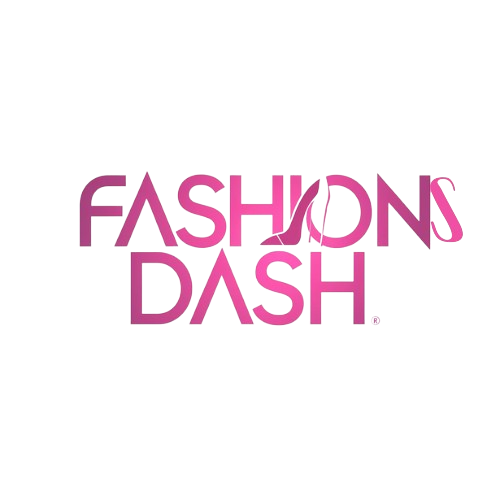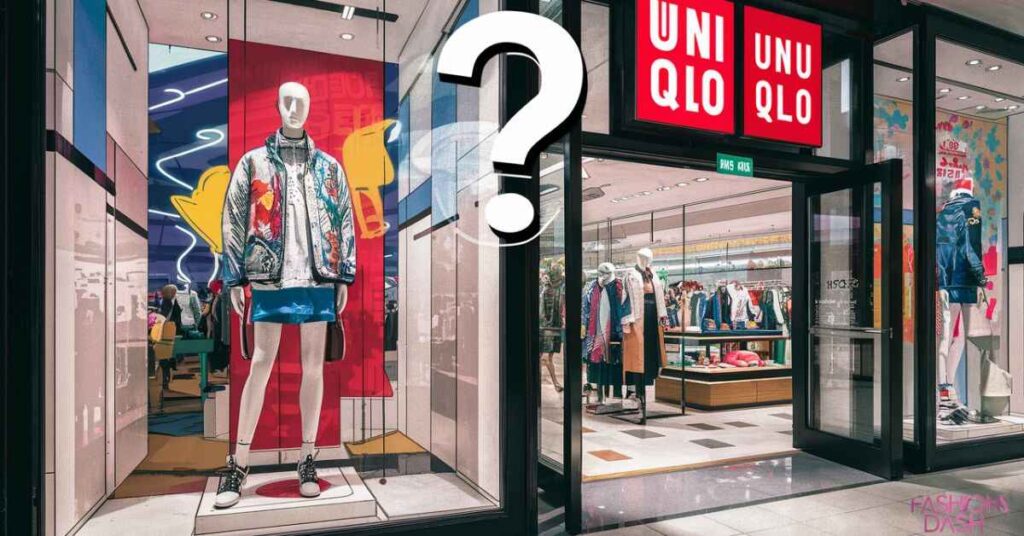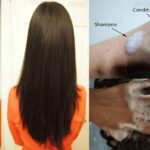The debate surrounding whether Uniqlo qualifies as fast fashion is a nuanced one, encompassing various aspects of its business model and practices.
Uniqlo, a global apparel giant renowned for its affordable and trendy clothing, shares certain characteristics with typical fast fashion brands, including rapid production cycles and affordable pricing.
However, it notably deviates in its commitment to quality, functionality, and timeless design. This intro sets the stage for a deeper exploration into Uniqlo’s sustainability practices and its positioning within the fast fashion industry.
Is Uniqlo Fast Fashion? Here’s What You Need to Know Before Your Next Shopping Spree
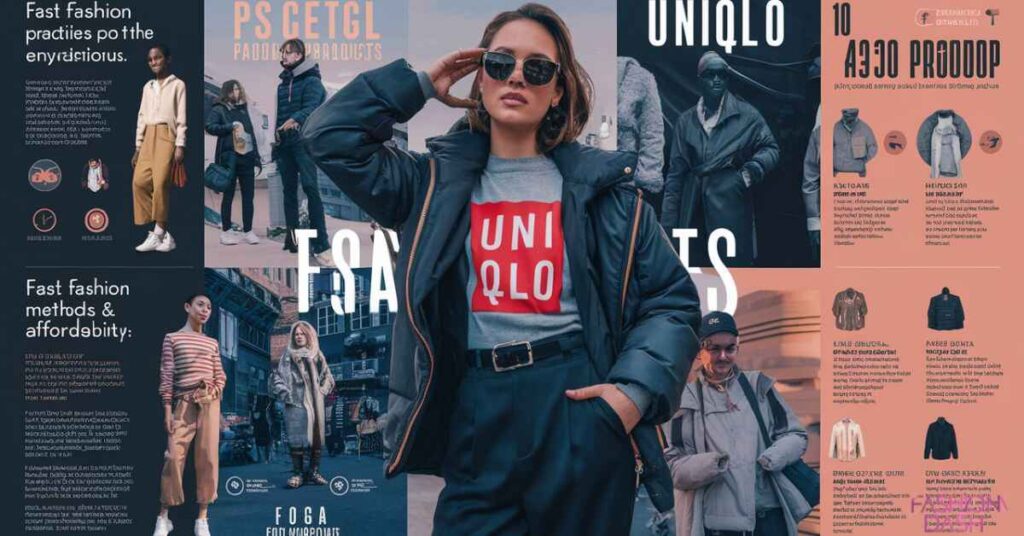
The fast fashion industry has been under scrutiny for its detrimental environmental impact and questionable labor practices. As consumers become more conscious of their clothing brands’ practices, the question “Is Uniqlo fast fashion?” has sparked an ongoing debate. This article aims to provide an in-depth examination of Uniqlo’s sustainability efforts, exploring its production methods, supply chain, and commitment to environmental and social responsibility.
Read This Blog: HOW TO BECOME A FASHION DESIGNER
What is Uniqlo?
Uniqlo, a brand under Fast Retailing Co., Ltd., was born in Hiroshima, Japan, in 1984. Initially, the name “Uniqlo” stood for “Unique Clothing Warehouse,” reflecting the brand’s goal to deliver high-quality casual wear at fair prices. Uniqlo operates on a “SPA” (Specialty store retailer of Private label Apparel) business model, controlling everything from design and manufacture to distribution and retail. This approach allows them to ensure product quality, respond swiftly to market trends, and keep costs low, offering customers affordable high-quality clothing.
Uniqlo’s primary focus is “LifeWear” – innovative, high-quality clothing designed to suit everyone’s daily life. Unlike many fast fashion brands that chase rapidly changing trends, Uniqlo aims to provide essential, timeless pieces through constant fabric technology innovation and a minimalist design philosophy.
Since the early 2000s, Uniqlo has expanded globally, operating in over 20 countries, including the United States, China, and Australia.
Product Gallery
Here are some examples of Uniqlo’s popular products, showcasing their focus on quality and durability.
Cloud Shell Long Puffer
Show Image
This lightweight yet warm puffer jacket is made with Uniqlo’s innovative Cloud Shell fabric, designed to be water-repellent, windproof, and breathable.
Maha Leather Jacket
Crafted from high-quality leather, this sleek jacket combines style and durability, making it a timeless investment piece.
CLASSIC MERINO WOOL CREW
Uniqlo’s merino wool sweaters are known for their softness, warmth, and long-lasting quality, perfect for layering during colder seasons.
Blanket Shirt
This cozy, versatile shirt is made from a soft, brushed fabric designed to keep you warm and comfortable, embodying Uniqlo’s focus on functional, long-lasting pieces.
Is Uniqlo Fast Fashion?
While Uniqlo shares some characteristics with fast fashion brands, such as affordable pricing and quick response to market trends, it significantly deviates in other crucial aspects.
Also Read This Blog: IS ZARA FAST FASHION?
Uniqlo’s aim isn’t to produce disposable, trend-driven clothing. Instead, they focus on high-quality, functional, and timeless pieces designed to last for many seasons. This approach aligns more with slow fashion principles, which highlight quality, longevity, and sustainability.
Uniqlo invests heavily in fabric technology and quality control, creating durable, comfortable, and long-lasting clothes. However, the product lifespan also depends on how consumers use and care for the items. Even if Uniqlo’s clothes are designed for longevity, treating them as disposable contributes to the fast fashion problem.
So, while Uniqlo shares some traits with fast fashion brands, its quality, functionality, and timeless design set it apart. But we must consider the brand’s sustainability efforts and labor practices to fully assess its position in the fast fashion debate.
Uniqlo’s Controversies in Labor Practices
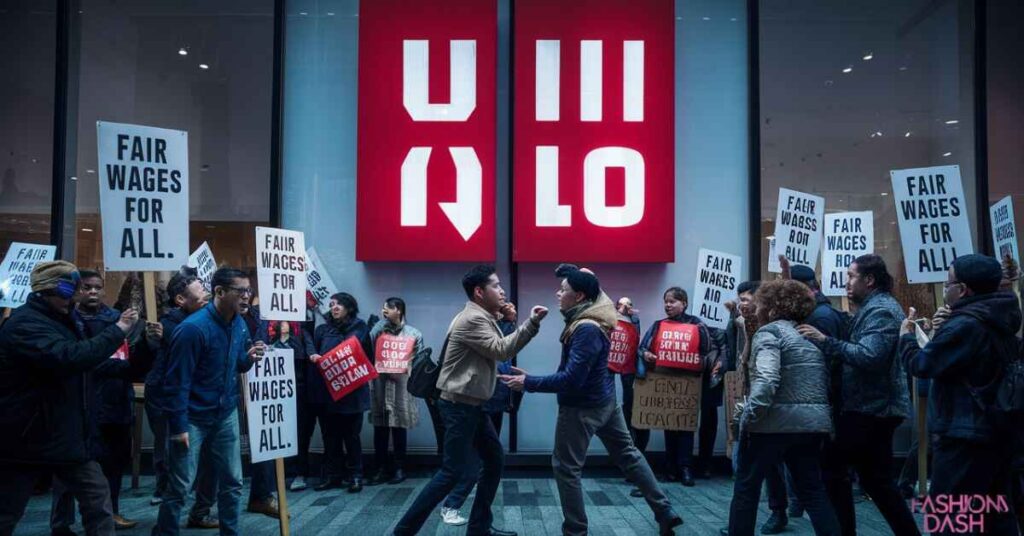
Despite its reputation for quality, Uniqlo has faced controversies regarding its labor practices. One notable issue revolves around an ongoing worker’s rights case, where reports suggest that Uniqlo owes a significant amount of severance pay to Indonesian garment workers, amounting to $5.5 million.
Such controversies tarnish the brand’s reputation and highlight the broader issues within the fast fashion industry, where profit often takes precedence over fair labor practices. Ensuring safe working conditions, reasonable working hours, and the right to collective bargaining is essential for a brand as influential as Uniqlo.
Uniqlo’s Progress on Environmental Targets
In recent years, Uniqlo has taken steps towards addressing its environmental impact by setting science-based climate change targets, aligning its goals with the broader objectives of the Paris Agreement. Such targets are crucial in ensuring that companies contribute to global efforts in combating climate change.
However, setting targets is just the first step. Transparency plays a vital role in demonstrating progress towards these goals. Stakeholders, including consumers, demand to know how brands like Uniqlo are performing in their sustainability commitments. Regular updates, backed by data, can build trust and showcase the brand’s genuine efforts in reducing its carbon footprint.
Uniqlo’s Approach to Animal Welfare
Animal welfare remains a contentious issue in the fashion industry, and Uniqlo is no exception. The brand uses materials such as leather, exotic animal hair, and silk in its products, each with its own set of ethical concerns.
Uniqlo has policies in place regarding wool sourcing, emphasizing the use of non-mulesed sheep wool. Mulesing is a controversial practice that involves removing a section of the sheep’s skin to prevent parasitic infection. While Uniqlo’s stance against mulesing is commendable, there is a need for evidence and third-party certifications to verify these claims.
For a brand of Uniqlo’s stature, it’s imperative not only to have policies in place but also to actively showcase their implementation. This builds trust and positions the brand as a leader in ethical fashion practices.
How Consumer Choices Can Influence Fashion Brands’ Sustainability Practices
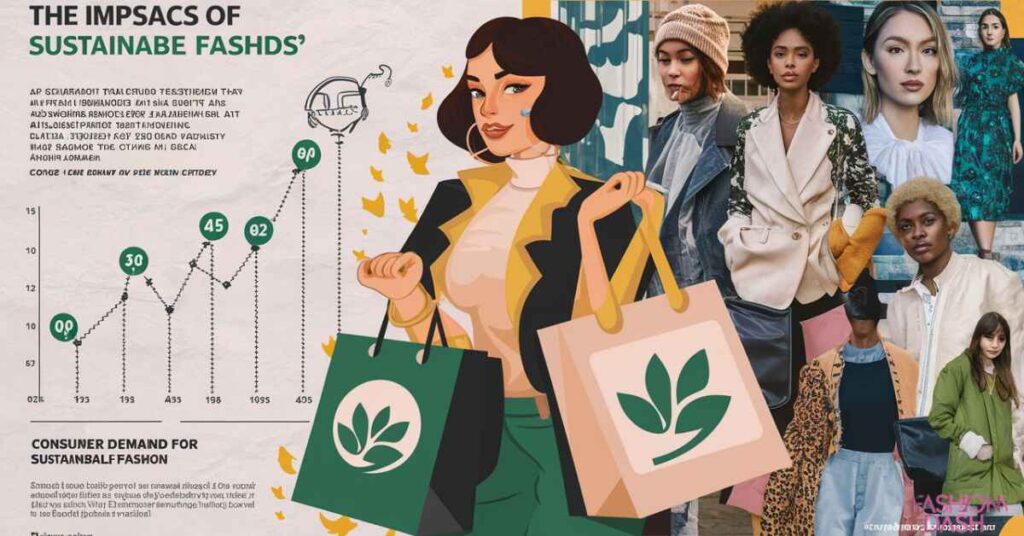
Consumers have a significant role in shaping fashion brands’ sustainability practices. As consumers become more aware of the impacts of their purchases, they can support sustainable brands that prioritize transparency. Brands are also realizing that sustainability is a business need, as consumers demand information about the origin and production of their clothes and are willing to support brands that demonstrate a commitment to sustainable practices.
Here are some tips to help consumers make sustainable fashion choices:
- Research Brands: Explore websites like that provide lists of sustainable clothing brands. Each brand on the list, from Patagonia to Everlane, has unique sustainability credentials that you can research to make informed choices.
- Prioritize Transparency: Choose brands that prioritize transparency, like Everlane, which is known for its “Radical Transparency” approach, disclosing cost breakdowns, supply chain information, and labor conditions.
- Look for Fair Trade Certification: Brands like Patagonia offer Fair Trade Certified products, meaning workers are paid fairly and work in safe conditions. By choosing these brands, you support fair labor practices.
- Support Carbon Neutral Goals: Some brands, like Tentree, are committed to becoming carbon neutral. By supporting these brands, you’re helping combat climate change.
- Choose Brands with Inclusive Sizing and Representation: Universal Standard is known for its inclusive sizing. Choosing brands that prioritize inclusivity means supporting a more sustainable and fair fashion industry.
- Check Materials Used: Look for brands that use sustainable materials. Alternative Apparel, for instance, uses organic cotton and recycled materials in their products.
- Consider the Lifespan of Clothing: Choose brands like PACT that offer durable clothing designed to last, rather than disposable fast-fashion items.
- Rent Instead of Buying: Consider services like Rent the Runway, which offers rental options for fashion. This can be a more sustainable choice, especially for occasional wear.
- Support Brands with Give-Back Programs: Tentree plants ten trees for each item sold. By shopping with brands that give back, you can make a positive impact with your purchases.
- Think Secondhand: Platforms like ThredUP offer high-quality second
Claude does not have internet access. Links provided may not be accurate or up to date.
dhand items. Buying secondhand can significantly reduce your environmental impact.
Product Gallery
Here are some examples of sustainable fashion alternatives to consider.
Insulated Waterproof Chelsea Boots

These insulated, waterproof Chelsea boots from Kodiak are made with sustainable materials and designed for durability, making them an eco-friendly choice for harsh weather conditions.
tentree x Saye M’89 Sneaker
The result of a collaboration between tentree and Saye, this sneaker is made from sustainable materials like organic cotton and natural rubber, with a portion of the proceeds going towards environmental initiatives.
Whitney Sandal
These stylish yet eco-friendly sandals from Nisolo are handcrafted using sustainable materials like vegetable-tanned leather and rubber soles, promoting ethical fashion practices.
City Brogues
Show Image
Nisolo’s City Brogues are a timeless addition to any wardrobe, made with responsibly sourced leather and designed for long-lasting quality, reducing the need for frequent replacements.
Eco-Friendly Alternatives: Top 10 Sustainable Fashion Brands
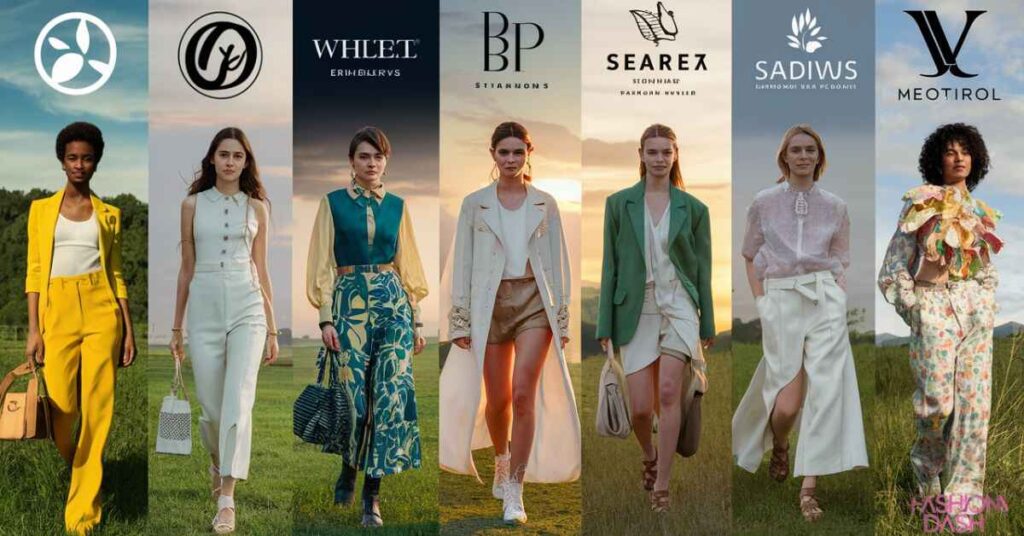
Understanding that Uniqlo’s sustainability claims can often lack clarity and transparency, we’ve curated a list of the top 10 go-to fashion brands renowned for their genuine commitment to environmental and ethical practices.
- Patagonia: A pioneer in sustainable outdoor clothing, Patagonia uses recycled materials, promotes fair labor practices, and actively supports environmental causes.
- Everlane: Known for its “Radical Transparency,” Everlane discloses information about its supply chain, pricing, and labor conditions, ensuring ethical and sustainable practices.
- Tentree: For every item purchased, Tentree plants ten trees, making it a sustainable choice for those who want to support environmental initiatives.
- Pact: Pact uses organic cotton and fair trade practices to produce high-quality, sustainable clothing designed for longevity.
- ABLE: This brand focuses on empowering and creating economic opportunities for women, while also promoting sustainable and ethical fashion practices.
- Outerknown: Founded by surfing legend Kelly Slater, Outerknown is committed to using sustainable materials and minimizing its environmental impact.
- Reformation: Reformation uses eco-friendly materials and practices, such as recycled fabrics and sustainable dyes, to create stylish and sustainable clothing.
- Nisolo: Nisolo prioritizes ethical production, using responsibly sourced materials and supporting artisans and communities through its supply chain.
- Girlfriend Collective: This brand uses recycled materials, such as plastic bottles, to create stylish and sustainable activewear.
- Kotn: Kotn focuses on transparency, using organic cotton and supporting fair labor practices throughout its supply chain.
Highlight Innovative Eco-Friendly Products
LOIS RIP RESISTANT TIGHTS
These rip-resistant tights from Girlfriend Collective are made from recycled plastic bottles, combining sustainability with durability for an eco-friendly and long-lasting activewear option.
SCIARPA LANA SCARF
Nisolo’s SCIARPA LANA SCARF is a luxurious yet sustainable accessory, crafted from responsibly sourced wool and designed to last for years, reducing the need for frequent replacements.
Canvas Apron
This durable canvas apron from Pact is made from organic cotton and designed for long-lasting use, promoting sustainable practices in the kitchen and beyond.
Frequently Asked Question
Is Uniqlo a sustainable brand?
Uniqlo has made strides towards sustainability by using recycled fibers and partnering with organizations like the Better Cotton Initiative, yet some concerns linger regarding labor practices.
What sustainable initiatives has Uniqlo implemented?
Uniqlo has committed to using sustainable materials and discloses information about its supply chain and manufacturing processes, demonstrating a move towards greater transparency and environmental responsibility.
How can I make more sustainable choices when shopping at Uniqlo?
Look for Uniqlo’s sustainable collections and consider the lifespan of clothing, opting for versatile pieces made from recycled materials for a more eco-conscious wardrobe.
Are Uniqlo’s products durable?
Yes, Uniqlo is known for its focus on quality and durability, with clothing designed to withstand regular wear, contributing to sustainability efforts by reducing the need for frequent replacements.
Does Uniqlo offer any eco-friendly packaging or recycling programs?
While Uniqlo encourages customers to reuse shopping bags and offers recycling programs for certain items, specific initiatives may vary by region, so it’s advisable to check with local stores for details.
How can I ensure fair labor practices when shopping at Uniqlo?
Look for brands prioritizing fair trade certification or transparency about labor practices. Although Uniqlo has made strides, ongoing consumer vigilance and feedback channels remain crucial.
Can I find sustainable alternatives or secondhand options at Uniqlo?
While Uniqlo doesn’t offer secondhand options, explore their sustainable collections and consider shopping secondhand from other platforms for a more environmentally friendly approach.
What can I do as a consumer to encourage Uniqlo to improve its sustainability practices?
Consumers can voice concerns through feedback channels, support brands with stronger sustainability credentials, and advocate for transparency and fair labor practices within the fashion industry to drive positive change.
Conclusion
Uniqlo occupies a unique position within the fast fashion landscape, straddling the line between affordability and sustainability. While it shares some characteristics with traditional fast fashion brands, such as rapid production cycles, its emphasis on quality, functionality, and timeless design sets it apart.
Uniqlo has taken commendable steps towards sustainability, including using recycled materials and promoting transparency in its supply chain. However, challenges remain, particularly regarding labor practices.
As consumers, we play a pivotal role in shaping Uniqlo’s sustainability journey by demanding transparency, supporting sustainable initiatives, and holding the brand accountable. Ultimately, the future sustainability of Uniqlo hinges on its continued commitment to ethical practices and our collective choices as conscientious consumers.
